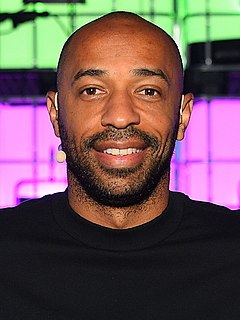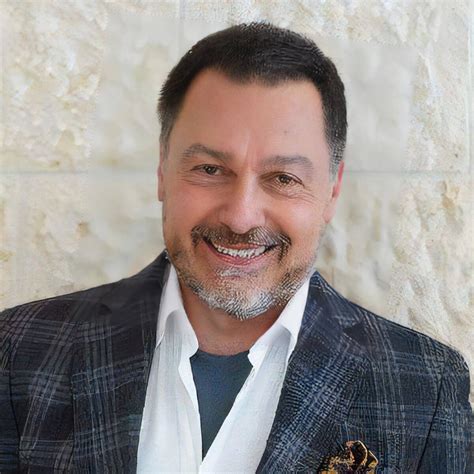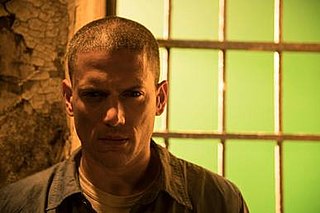A Quote by Henry Rollins
I will never say the things that I want to say to you. I know the damage it would do. I love you more than I hate my loneliness and pain.
Quote Topics
Related Quotes
I look at pictures of you because I am afraid that you would notice me staring in real life. I looked at your picture today for countless minutes. It is closer than I’ll ever get to you for real. I felt like I was looking at a captured animal at a safe distance. If you knew I was doing this, you would feel sickened and frightened. That’s why you’ll never know. Years will go by and you’ll never know. I will never say the things that I want to say to you. I know the damage it would do. I love you more than I hate my loneliness and pain.
You know the pain is part of the whole thing. And it isn’t that you can say afterwards the pleasure was greater than the pain and that’s why you would do it again. That has nothing to do with it. You can’t measure it, because the pain comes after and it lasts longer. So the question really is, Why doesn’t that pain make you say, I won’t do it again? When the pain is so bad that you have to say that, but you don’t.
We hope that there will be nothing that conflicts with anybody's religion or faith. We would never say a person's religion is not effective. We say, 'Would you be interested in something more effective?' We always put things in an optimistic, progressive perspective. 'Do you want to make your prayers more effective? Not that they are not effective, but do you want to help them become more effective?'
I know I promised. I said, 'Ask, seek, knock and you will find.' You say, 'But I have found loss. I have found dispossession. I have found letting go.' And I would say to you that until you dispossess what you have you can never possess what I want to give to you. Until you surrender your understanding, you will never get My wisdom. You would say, 'Lord, what is at the end of this process?'
Even a good marriage leaves people with longings for certain things their marriage will never be. So, do they accept that, make compromises, and say, "You can't have everything in life," which is what we always did? Or do they say, "I deserve more. I want to experience that thing and, you know, I have fifty more years to live than I used to." It's not necessarily that we have more desires today, but we do feel more entitled to pursue them. We live in this "right to happiness" culture, and yes, we do live half a century longer than we used to.
Some may say that such a girl is not ready for a relationship with a man, especially a man in his late sixties. But to that I say: We don't know anything. We don't know how to cure a cold or what dogs are thinking. We do terrible things, we make wars, we kill people out of greed. So who are we to say how to love. I wouldn't force her. I wouldn't have to. She would want me. We would be in love. What do you know. You don't know anything. Call me when you've cured AIDS, give me a ring then and I'll listen.
You have to learn to say no not just to things you don't want to do, you have to say no to things that you want to do, things that are good to do. You have to realize that every time you say yes to one thing you've got to take something else off the plate. Critically, I think you have to realize that it's easier to say no than to say maybe.



































